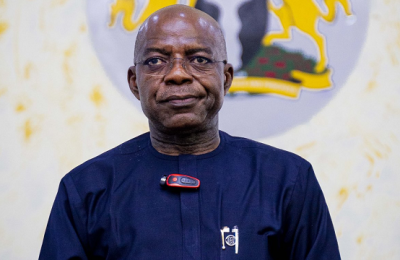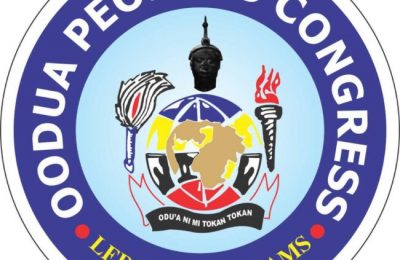
Nigeria’s Accident Investigation Bureau (AIB), the government only agency responsible for investigating air accidents and incidents recently had its scope enlarged through its transformation to a wider nomenclature, the Nigerian Safety Investigation Bureau (NSIB) which automatically catapulted the agency’s status to a multimodal entity.
Wearing the cap of a multimodal agency, the bureau under the present management of Mr Akin Olateru as the Director General has now been empowered to investigate not only air accidents but now backed by the law to spread its tentacles of investigations into other mode of transport including road, rail and marine.

In other words, the bureau is the only authorized agency of government saddled with the responsibility of carrying out such functions when the need arises.
Carrying out this function successfully may no be a big deal to the NSIB under the leadership of the present DG who has been able to turn things around for the entire aviation sector in the areas of accident investigations through the number of accidents and incidents, including those that occurred almost fifteen years ago that the bureau has investigated and with the reports released to the public.
Therefore, the competency of the Olateru led management is not in doubt even outside the shores of Nigeria particularly in many African countries who have directly or indirectly handed over the job of accident investigation of their countries to the NSIB.
Surprisingly, amongst many questions on the lips of many Nigerians especially the stakeholders in aviation sector include: if the bureau will be allowed to function without undue interference; who the NSIB DG is expected to take directives from and if other agencies like the Federal Road Safety Commission (FRSC) or the National Emergency Management Agency (NEMA) will not clash with role of the Bureau.
These obvious facts emerged during the unfortunate collision accident between a train and a BRT bus in Lagos which claimed lives.
The dramas that unfolded during the incident has become a source of concern as the different agencies during the accident bypassed the NSIB to separately roll out figures and statements and tacitly almost succeeded in subduing the functions of the bureau.
While the ministry of transport, FRSC, the Railway Corporation and NEMA in particular rushed to issue statement on the accident, the bureau in line with its responsibility also issued its own statement announcing that it has commenced investigations into the accident.
The unfolding drama became more chaotic when the minister of aviation, Senator Hadi Sirika also issued a statement claiming he had directed the NSIB to at once commence a detailed investigation into the accident.
In the actual sense of it, the Bureau at that point needed no one to wake it up to hit the ground running as the accident coincidently became like the litmus test for it to prove its new role of multimodal strength.
Therefore, the too many interferences from the interested parties if not urgently addressed may incapacitate the job of the NSIB in the face of more imminent critical issues.
It is at this juncture that the Crucial Moment is joining other key players to call for a proper harmonization and interagency collaboration of functions amongst all interested parties for seamless integration.
For, it is absolutely unacceptable for the minister of transportation, Mr Mu’azu Jaji Sambo to be issuing directives on one hand while his counterpart at the ministry of aviation was also doing a similar thing.
All this power tussle will end up creating distraction and throwing spanner in the way of NSIB, and the subsequent consequences may be disastrous on the country’s transport sector.
There is therefore, the need for the two ministers to recognize the statutory role of the bureau and the power bestowed on it to perform such investigative roles without undue interference from them.
In other to make the bureau absolutely independent, it has become necessary for it to be detached from the ministry of aviation and put directly under the presidency since its functions have been extended to other modes of transportation.
Allowing the bureau to still continue to be tossed about by the ministry of aviation will put a question mark on the nomenclature of the bureau as a multimodal agency which may hamper its ability to conduct thorough investigations devoid of emotional or selfish interests.
There should be no room for local politics or any superiority complex playing out, but absolute concentration of capacity that will produce good result for safety of all modes of transportation including air travels. The whole world is washing and waiting.







